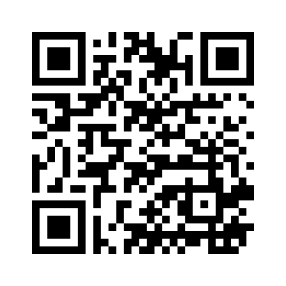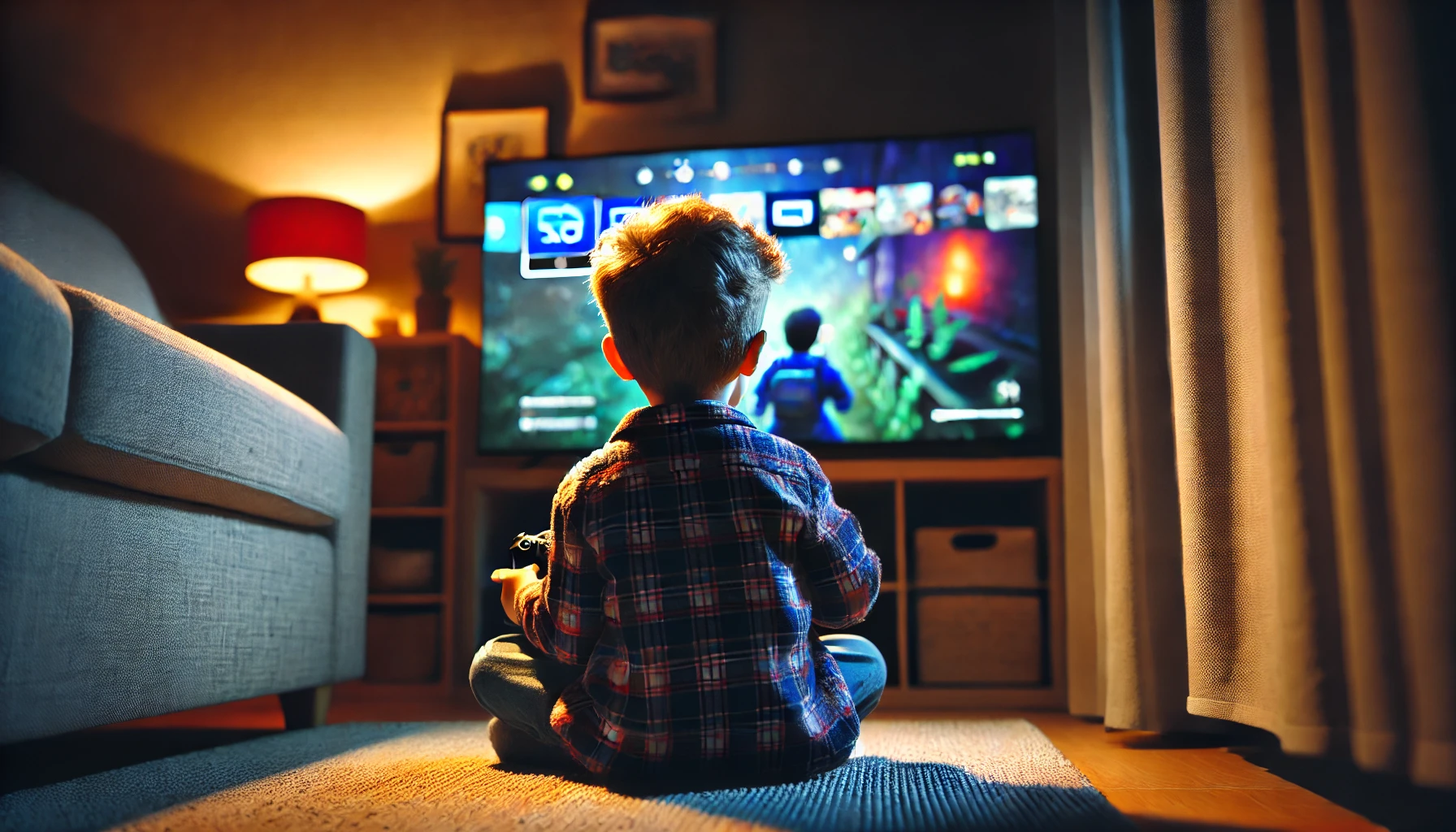When the Future Knocks at Night
Across cultures and centuries, tales abound of individuals who have glimpsed future events in their sleep. From ancient biblical stories—think Joseph interpreting Pharaoh’s dreams—to modern anecdotes of people foreseeing personal or global happenings, the belief in prophetic dreams has persisted. Yet, for all the intrigue and drama they evoke, prophetic dreams remain one of the most enigmatic facets of the human mind. Are they genuine previews of what is to come, or are they merely coincidences and subconscious guesswork taking shape under the cover of night?
In this article, we will journey through the history and psychology of prophetic dreams, examining both the fervent believers and the skeptical researchers. We will explore why these nighttime visions can seem uncannily precise, the possible explanations science offers, and tips on how you might discern meaningful patterns—if any exist. Whether you approach the subject as a hardened skeptic or someone open to extraordinary possibilities, the realm of prophetic dreaming offers a compelling look at how we perceive time, causality, and the limits of human awareness.
A Brief History of Prophetic Dreaming
Ancient Civilizations and Divine Messages
The idea that dreams can foretell future events is as old as recorded history. Ancient civilizations often viewed dreams as messages from deities or ancestral spirits, guiding individuals or entire societies toward specific actions. In Mesopotamia, dream interpreters served as royal advisors, scouring nightly visions for omens about harvests, wars, and political alliances. Similarly, in ancient Greece, the temples of Asclepius welcomed pilgrims who sought cures and prophecies revealed through their slumber.
Biblical and Religious Accounts
The Old Testament recounts Joseph’s ability to interpret Pharaoh’s troubling dreams, predicting seven years of plenty followed by seven years of famine—allowing a kingdom to prepare for hard times. Other religious texts also feature dream-derived warnings or guidance; these stories shaped cultural beliefs that certain night visions could indeed harbor divine truths.
Modern Anecdotes and Celebrity Claims
Fast-forward to the 19th and 20th centuries, and historical figures like Abraham Lincoln purportedly dreamt of his own impending death. More recently, public figures and everyday dreamers alike have shared tales of foretelling everything from natural disasters to personal breakthroughs. Social media, podcasts, and online forums are rife with such accounts, fueling debates about whether these experiences point to genuine precognition or post-hoc rationalizations—where the event shapes our memory of the dream rather than the other way around.
The Psychology Behind Prophetic Dreams
The Unconscious Mind at Work
Modern psychology suggests that dreams are a kaleidoscope of memories, emotional residues, and mental associations. When we sleep, the prefrontal cortex (responsible for logic and self-criticism) steps back, while more ancient brain regions remain active. This unregulated “theater of the mind” can create bizarre yet compelling scenarios, some of which may appear to predict future events simply because our brains are adept at pattern recognition.
Probability and Self-Fulfilling Prophecies
One explanation for seemingly prophetic dreams is plain old probability. Imagine you have a dream about a friend you have not spoken to in years—and they call you the next day. It feels like destiny, but consider how many inconsequential dreams you forget that never come to pass. Psychologists also highlight the concept of self-fulfilling prophecies: if you dream of a particular outcome and strongly believe it, you might unconsciously alter your behavior to make it happen.
Selective Recall and Confirmation Bias
Confirmation bias can also play a starring role. We tend to remember the hits (dreams that appear to match future events) and forget the misses (dreams that do not pan out), reinforcing our belief in dream-based predictions. In a similar vein, once an event happens, we may retroactively reshape the memory of our dream to align more closely with reality, thus convincing ourselves of its prophetic nature.
Scientific Theories and Skeptical Views
Neuroscientific Standpoint
Neuroscientists often link prophetic dreams to the brain’s remarkable capacity for simulation. During sleep, especially REM stages, our brain cycles through countless hypothetical scenarios. Occasionally, one of these dream scenarios might overlap with a real future event—akin to blindly picking a winning lottery number. From this perspective, it is neither magic nor prophecy, but rather the law of large numbers at play.
Parapsychology and Fringe Research
On the opposite end of the spectrum, a small group of researchers within parapsychology investigate phenomena like precognition under controlled experiments. Some studies claim subtle statistical deviations that might indicate a capacity to sense future happenings, though replication and broader scientific acceptance remain elusive. Critics note that even minimal methodological flaws can generate misleading results, emphasizing the need for rigorous peer review.
Historical Cases of “Verified” Prophetic Dreams
Mark Twain and Brother’s Demise
American author Mark Twain recounted a dream in which he saw his brother lying in a metal coffin, dressed in a suit with a specific flower arrangement on his chest. Weeks later, his brother tragically died in a steamboat accident, and Twain recognized the same coffin and floral display from his dream. Skeptics argue that perhaps Twain (or those preparing the funeral) subconsciously created conditions that matched his dream. Believers hold it as an example of true prophecy.
Carl Jung’s Premonitions
Psychiatrist Carl Jung documented multiple dreams he believed foretold catastrophic events, including World War I. In his published works, Jung suggested that prophetic dreams could be expressions of a collective unconscious, where deep-seated archetypes might align with future social or natural upheavals. Critics maintain that Jung’s accounts might reflect the broader political climate of his time rather than genuine glimpses into tomorrow.
Interpreting Prophetic Dreams: Tips and Cautions
Record Everything Immediately
Much like unraveling creative ideas in a dream journal, documenting potential prophecy dreams requires prompt action. Write down names, locations, emotions, and any symbolic details before daily life or rational scrutiny distorts them.
Look for Recurring Themes
If you frequently dream about similar scenarios—say, water disasters or personal triumphs—note whether they recur around times of stress or major life changes. Not all dream themes are portents; they may just signify an ongoing internal conflict or desire.
Stay Skeptical of “Perfect” Predictions
When you reflect on your dream and an event that followed, ask yourself: could I be stretching the correlation? Regularly scrutinizing these connections can keep you grounded, preventing the trap of confirmation bias.
Consider Context and Emotion
Prophetic dreams often carry strong emotions—urgency, fear, or an inexplicable clarity. While these emotions can heighten our perception that we have tapped into something beyond everyday cognition, they can also mislead us if we are emotionally charged about an issue in waking life.
Seek Balanced Perspectives
Sharing your experiences with a trusted friend or mental-health professional can offer a level-headed vantage point. They may pinpoint alternative explanations, psychological triggers, or rational coincidences you overlooked.
Where Belief Meets Mystery
The question remains: are prophetic dreams purely mythical illusions born of imagination and chance, or do they represent a gateway to mysterious, unexplained dimensions of human consciousness? For hardline skeptics, the evidence falls short of confirming genuine precognition, resting instead on cognitive biases and the extraordinary complexity of the dreaming brain. For those who have had vivid, striking visions that later match real-world events, no amount of data can easily dispel the power of personal experience.
As with many phenomena straddling the line between science and the extraordinary, the answer may not be black and white. Even if prophetic dreams lack concrete proof, they remind us that our minds are far richer and more intricate than we often acknowledge. Whether through cryptic symbols or jarringly clear narratives, dreams can push us to question the boundaries of time and perception. In a reality that values logic and data, the enduring allure of prophetic dreams suggests that we are still, and perhaps always will be, fascinated by the unknown.
So, the next time you wake up from a dream that feels like a signpost for tomorrow—pause for a moment. Note your dream, examine your emotions, and keep an open yet discerning mind. It may be coincidence. It may be pattern recognition. Or, just maybe, it could be a gentle nudge from a deeper realm of consciousness. Until the answers are definitive, this curious interplay of myth and reality continues to spark our imagination and stoke debates about what dreams—and our sleeping selves—are truly capable of.






